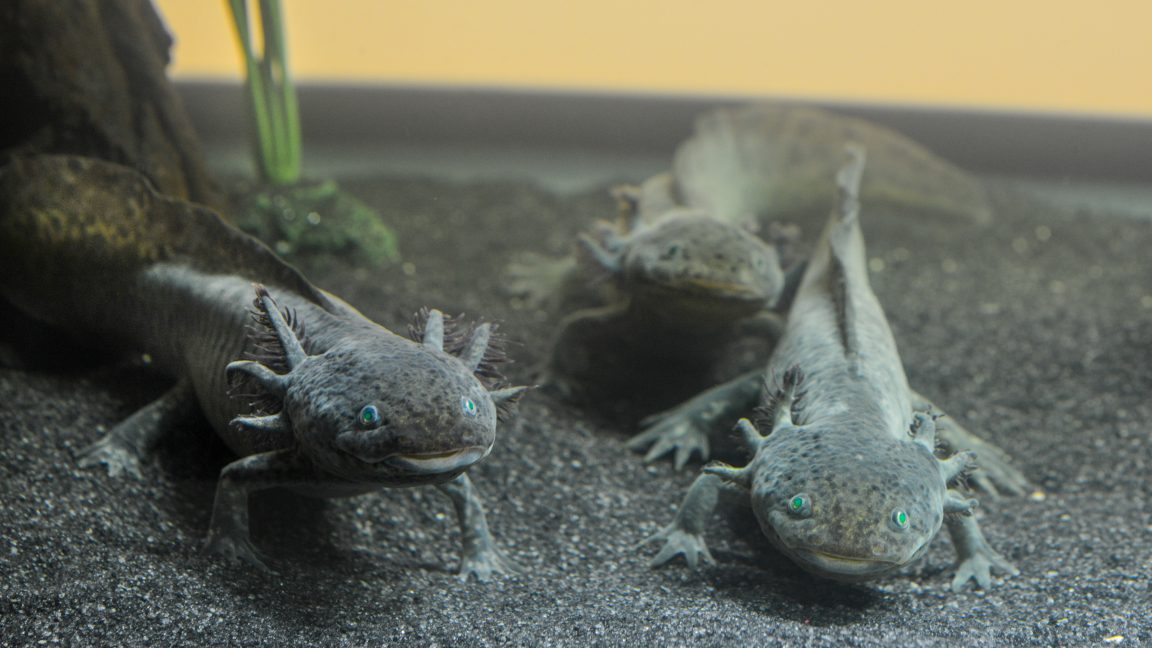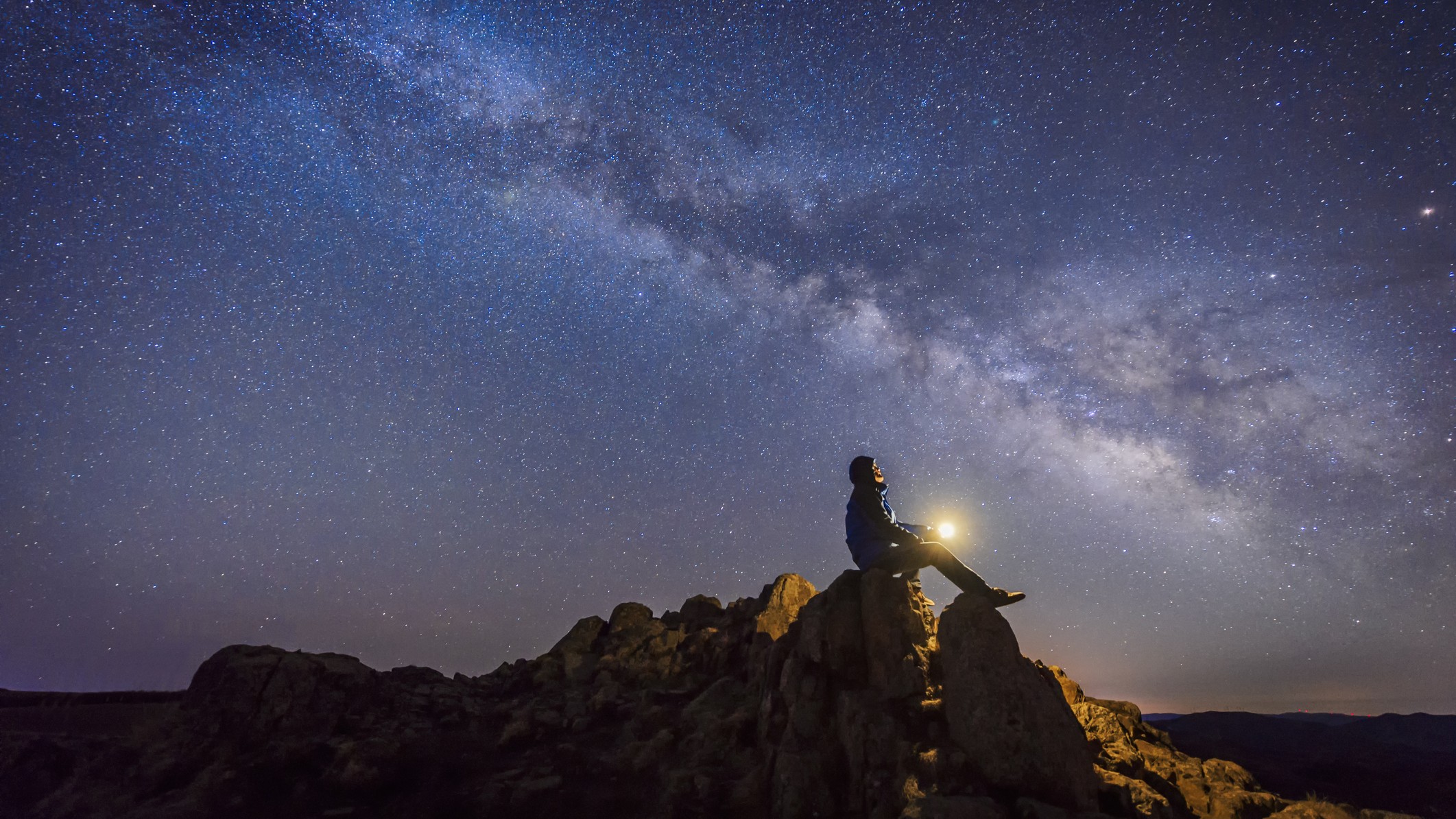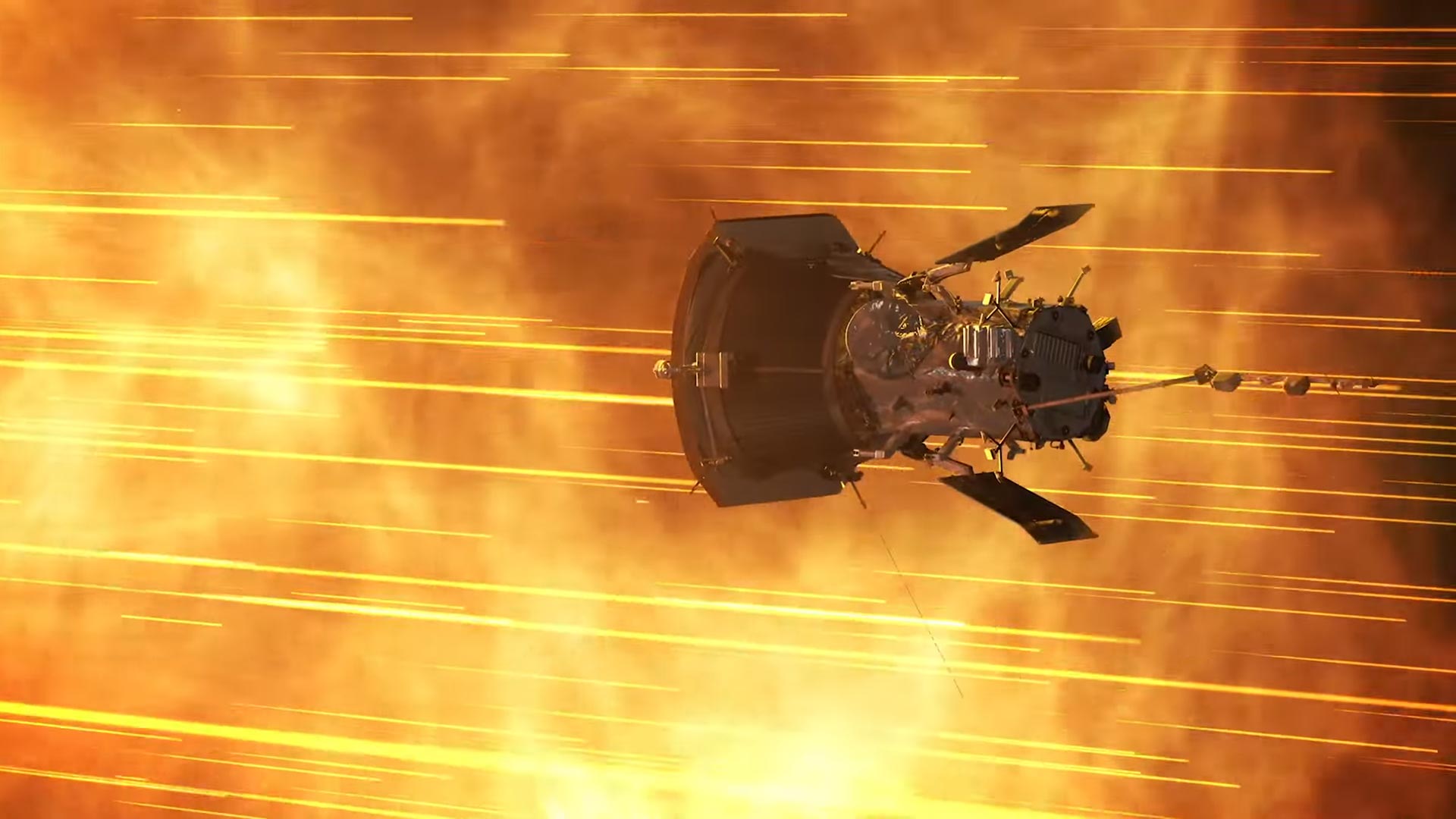- Joined
- Sep 30, 2019
- Messages
- 50,080
- Reaction score
- 73,533
- Gender
- Male
- Political Leaning
- Liberal
This is really exciting. We're not alone 
In a potential landmark discovery, scientists using the James Webb Space Telescope have obtained what they call the strongest signs yet of possible life beyond our solar system, detecting in an alien planet's atmosphere the chemical fingerprints of gases that on Earth are produced only by biological processes.
The two gases — dimethyl sulfide, or DMS, and dimethyl disulfide, or DMDS — involved in Webb's observations of the planet named K2-18 b are generated on Earth by living organisms, primarily microbial life such as marine phytoplankton — algae.
Loading…
www.cbc.ca






